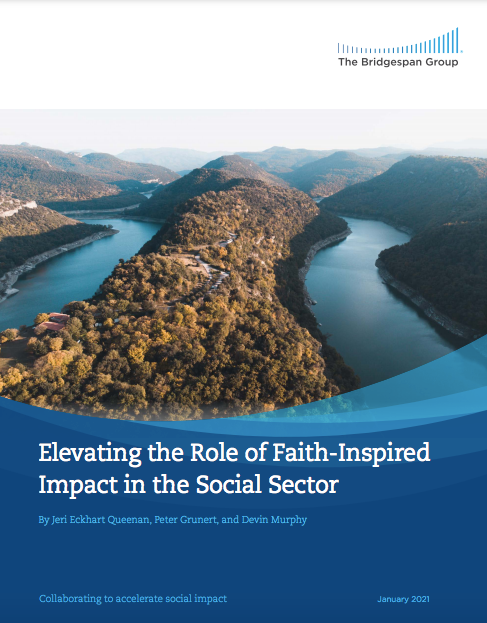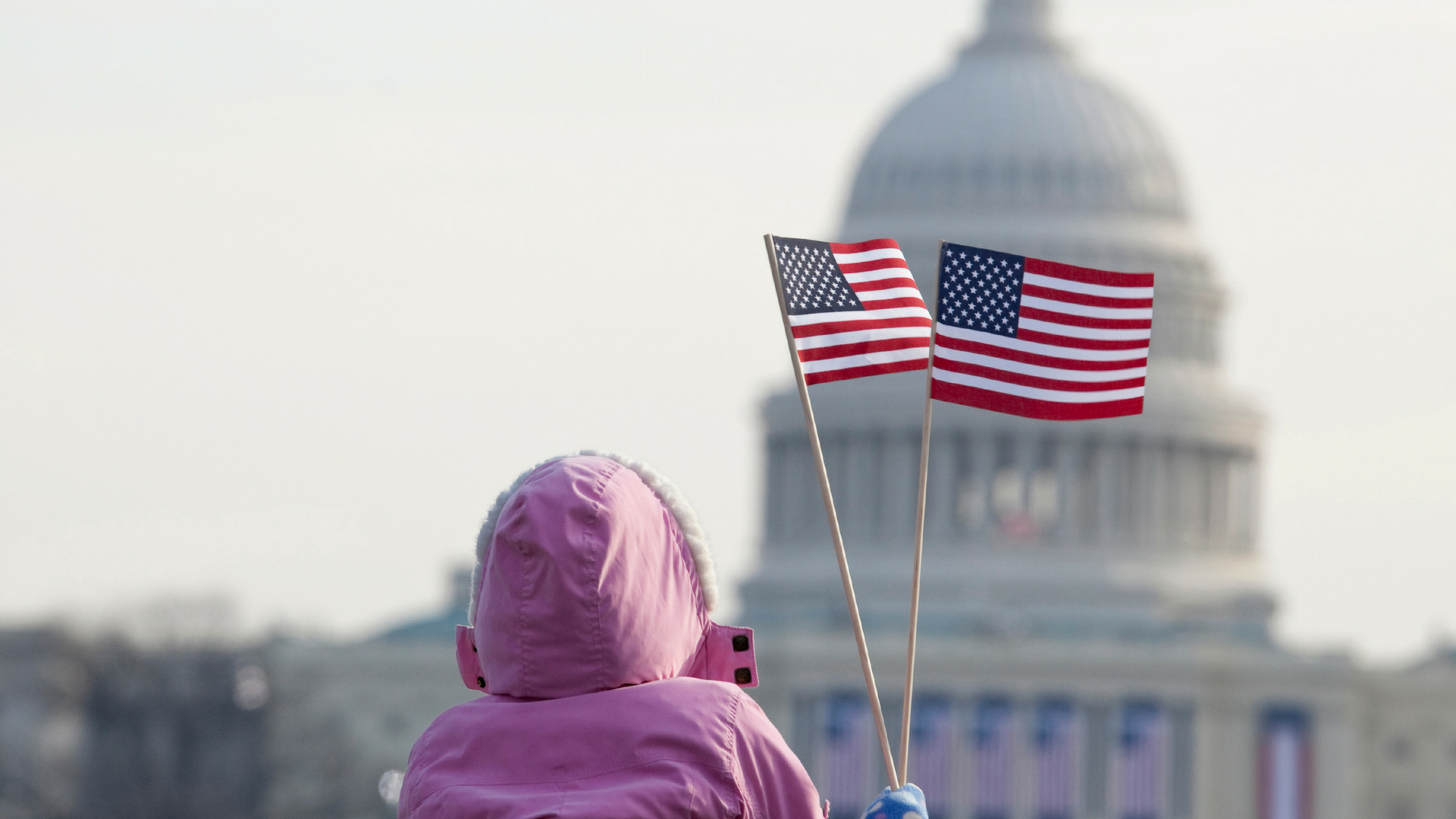PACE is not alone in exploring philanthropic interest and support at the intersection of faith and democracy. We are proud and grateful to collaborate with partners and peers pursuing their own experiments, learning journeys, and funding commitments.
Our partners include the groups that we have worked with and learned from over the last several years during our Faith In/And Democracy project. We anticipate this list will continue to grow as we map the space and invest in additional field-building strategies. PACE is also working with the Religion & Society Program at the Aspen Institute, the Democracy Funders Network, and the newly formed Faith and Philanthropy Group, a philanthropic community of diverse funders committed to deepening their connection to faith and spirituality, both personally and as funders, by learning about and supporting the approaches for social change, democracy, and planetary change.
Research into this growing field continues to expand. This report from the Bridgespan Group is one example. You can read our summary here.

Recent Events
Webinar: An Untold Story: Evidence of Faith Communities’ Positive Influence on Democracy
November 21, 2022, 3-4 pm ET via Zoom. View recording here.
At their best, faith communities can drive civic engagement, build cohesion across political lines, provide civic education, and play key roles in pro-democracy movements as they did during the civil rights era. At their worst, they can sow the seeds of discord, polarization, and violence in ways that gravely threaten democratic principles.
Recently, various groups have sought to understand the ways that faith communities impact democracy. PACE’s Faith In/And Democracy initiative and DFN’s recent webinar on the role of faith communities in preserving democracy are just two examples.
Throughout these efforts, funders have asked: “What is the evidence of faith’s positive influence and impact on democracy and civic life?” We believe there is an untold story about faith communities’ role in supporting positive character development, responding to crisis, bolstering the social safety net, holding political leaders and institutions accountable to moral standards, and organizing community members to civically participate.
This webinar presented newly developed evidence, such as:
- Chris Stackaruk of Neighborly Faith shared results from a national survey that demonstrates the extent to which Evangelical Gen Z’s (specifically ages 18-25) civic activities and beliefs are shaped by their faith leaders, compared to other leaders in their lives.
- Sabina Mohyuddin of American Muslim Advisory Council reviewed new research on how civic engagement initiatives (like advocacy training and candidate forums) that are endorsed and hosted by mosques influence Muslims’ engagement with elected officials and voting.
- Ciera Bates-Chamberlain of Live Free Illinois shared findings from their qualitative and quantitative data that evaluates the growth of social justice ministries, their engagement with the community, and their ability to win change in their community.
- Aaron Dorfman of A More Perfect Union: The Jewish Partnership for Democracy recapped their efforts to mobilize the Jewish community to ensure free, fair, safe, and accessible elections in advance of the 2022 midterms.


